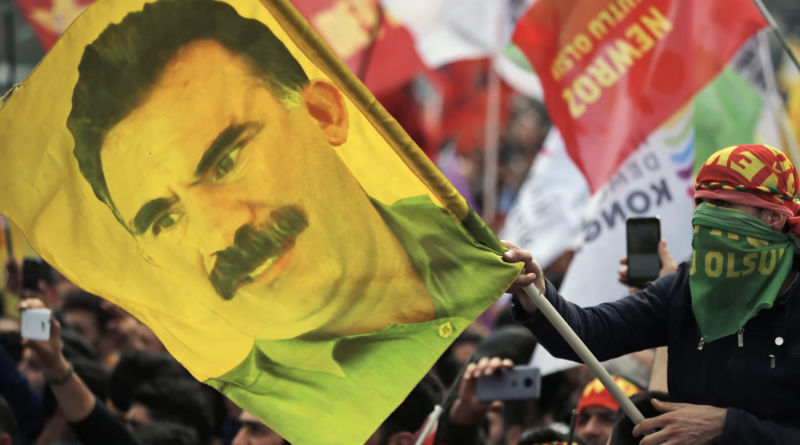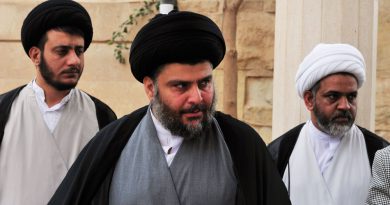Jailed Kurdish Leader Calls on PKK to Disarm in Push for Peace with Turkey
Istanbul — Abdullah Ocalan, the imprisoned leader of the Kurdish militant group PKK, on Thursday has urged his followers to lay down their arms and dissolve the organization in a fresh bid to end a conflict that has lasted over four decades and claimed tens of thousands of lives.
In a message from his prison cell on an island near Istanbul, Ocalan called on the Kurdistan Workers’ Party (PKK) to hold a congress and officially disband.
“Gather your congress and make a decision. All groups must lay down their arms, and the PKK must dissolve itself,” he said. His message was relayed by pro-Kurdish politicians who visited him earlier in the day.
This call for peace comes as part of a new initiative led by Devlet Bahceli, a key political ally of President Recep Tayyip Erdogan. Bahceli, a far-right nationalist, has suggested that Ocalan could be considered for parole if the PKK agrees to renounce violence and disband.
Ocalan, now 75, has been behind bars on Imrali Island since 1999 after being convicted of treason. Despite his imprisonment, he remains a powerful figure within the PKK, and analysts believe many within the group will take his words seriously. However, some factions may resist his call for disarmament.
The timing of this peace effort is politically significant. Erdogan is looking to push through a new constitution that could extend his time in power. However, under Turkey’s current laws, he is not allowed to run for another term unless an early election is called—something that would require the support of the pro-Kurdish DEM party.
The DEM party has long advocated for more democracy in Turkey, expanded rights for the Kurdish population, and better prison conditions for Ocalan.
Founded by Ocalan in 1978, the PKK has been engaged in armed conflict with the Turkish state since 1984. Turkey and its Western allies classify the group as a terrorist organization. Previous peace talks, including a major effort in 2015, have ultimately failed.
Despite the renewed push for peace, Erdogan’s government has continued cracking down on opposition voices. Journalists and politicians have been arrested, and several elected Kurdish mayors have been removed from office and replaced by state-appointed officials.
Thursday’s meeting marked the third time DEM party officials have spoken with Ocalan as part of these negotiations. The party has also reached out to Selahattin Demirtas, a jailed former pro-Kurdish leader, and held discussions with Kurdish leaders in Iraq.
Whether this latest push will succeed where others have failed remains to be seen, but Ocalan’s message signals a significant moment in Turkey’s long-running Kurdish conflict.


